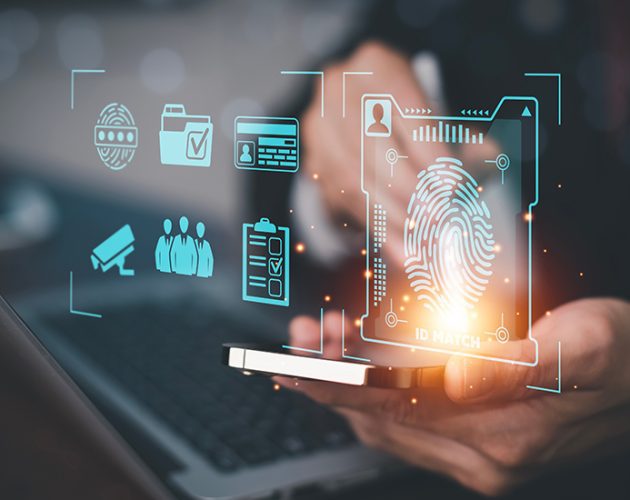
How threat actors exploit social media to attack your business
For 5.04 billion people worldwide, social media is a part of daily life, used to
Measure where your staff risk is today. Our unique BACKS framework (Behaviour, Attitude, Culture and Knowledge) will establish your cyber baseline that will provide you with a comprehensive understanding of your staff security strengths and weaknesses in cyber security awareness. It also allows you to target your training exactly to the staff that need it.


About Layer 8 Security
It’s time to take your cyber security seriously
When it comes to cyber awareness, far too many businesses believe that updating an anti-virus program subscription or running an occasional security training course will suffice and tick a compliance box off their to-do list. The reality is that this overlooks the most prevalent cause of a cyber breach, with research showing that human error is the primary way hackers infiltrate organisations’ computer systems, comprising 95% of breaches.
To tackle this, Layer 8 provide a variety of tried and tested cyber awareness solutions that educate staff in an immersive and targeted manner, ensuring the key messages are gained and retained by your team long into the future. Our approach focuses on the behaviours, attitudes, culture and knowledge (BACKS) needed to secure your organisation and mitigate risk.
Our approach to training and educating your staff is the critical differentiator in our cyber security solutions. Our immersive training programs are scientifically proven to provide an increase in knowledge retention compared to traditional training courses. Ensuring the key security learnings around cyber best practices are gained and retained by staff is key to driving behavioural and team culture changes that are instilled long-term into your organisation’s culture. In addition, our different services compliment prior programs obtained from Layer 8, raising your level of Layer 8 Cyber Awareness certification as you progress through your Layer 8 led cyber awareness journey.
With over a decade of experience delivering cyber awareness services to Australian businesses, we share our best practices and corporate knowledge in line with industry best practices and global standards throughout every consulting project. In this way, we transfer our expertise to our customers, providing you with a level set and the ability to confidently monitor, manage, and improve your risk posture on an ongoing basis.
From our blog

For 5.04 billion people worldwide, social media is a part of daily life, used to

What actions does your organisation take to maximise device security? Perhaps you use a technology

Like phishing training, password management and physical security, safe web browsing should be a key

As you set business goals and agendas for the new year, I encourage you to
© Copyright 2023 – All Rights Reserved. Privacy Policy
This website uses cookies so that we can provide you with the best user experience possible. Cookie information is stored in your browser and performs functions such as recognising you when you return to our website and helping our team to understand which sections of the website you find most interesting and useful.
Strictly Necessary Cookie should be enabled at all times so that we can save your preferences for cookie settings.
If you disable this cookie, we will not be able to save your preferences. This means that every time you visit this website you will need to enable or disable cookies again.